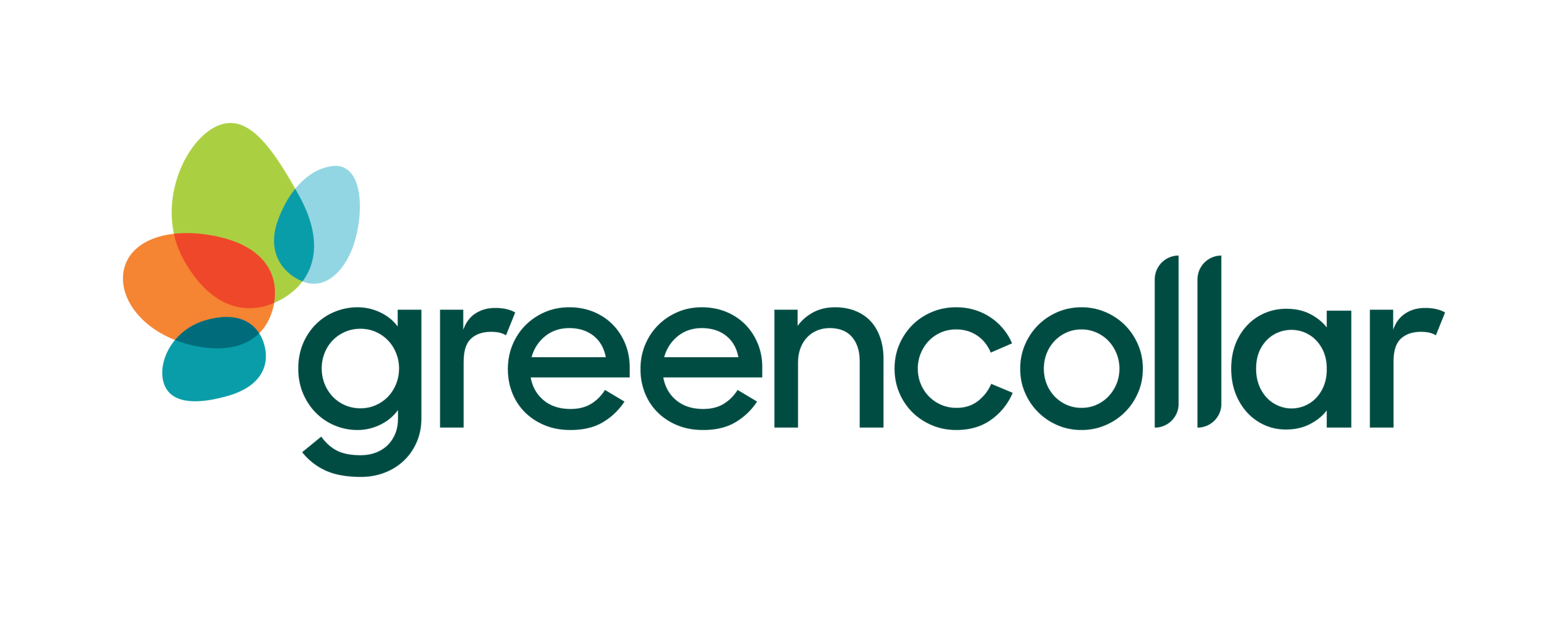With 18,000 Reef Credits recently sold to the Queensland Government by five sugarcane growers from rural Queensland, we think it’s time that land managers found out a bit more about them. Read on for information about how to get involved, and how you too might benefit from Reef Credits.
What are Reef Credits?
A Reef Credit values the on-farm work undertaken by farmers and other land managers to improve water quality flowing onto the Great Barrier Reef.
The Reef Credits Scheme is the first water quality market of its kind in the world. It pays land managers for improved water quality resulting from their on-farm actions, without compromising the productivity of their land.
The development of the Reef Credit Scheme
The Reef Credit Scheme was pioneered by GreenCollar in partnership with the Queensland agricultural industry, land managers, the Queensland Government and natural resource management organisations Terrain NRM and NQ Dry Tropics.
After its development in October 2018, the Reef Credits Scheme announced its first ever private and public sector buyers in October 2020 – HSBC Australia and the Queensland Government.
How do Reef Credits work?
Reef Credits measure, value and monetise improvements in the quality of water flowing into the Great Barrier Reef as a result of changes in land management. Reef Credits can be generated from projects using one or a combination of the following methodologies:
- Reduction in Sediment Run-Off Through Gully Rehabilitation. This method measures reductions in fine sediment run-off reaching the Great Barrier Reef by rehabilitating eroding gullies. Projects may include river bank stabilisation, earthworks and revegetation.
- Reduction in Nutrient Run-Off Through Managed Fertiliser Application. This method measures the reduction in Dissolved Inorganic Nitrogen (DIN) reaching the Great Barrier Reef. Projects include improved farm practices across cane, banana, grains, fodder and horticulture.
- Reduction in Nutrient Run-Off through wetlands. This method is under development and will measure the reduction in Dissolved Inorganic Nitrogen (DIN) reaching the Great Barrier Reef via wetlands.
What are the benefits of the Reef Credit Scheme?
Reef Credits provide diversified and regular income over 10 to 25-year timeframes. This supports investment back into primary production and the implementation of sustainable practices.
“It’s good for the community, it’s good for your soil health, and also it’s good for the reef, so it’s a win for everyone. In my mind this is a farming system, moving forward, that is going to increase my productivity”
– Adrian Darveniza, South Johnstone Farming Company
GreenCollar estimates that the market could be worth over 6 million Reef Credits by 2030. With the reef listed as highly vulnerable, protecting this international icon’s future isn’t just of national importance, but is a matter of global significance. A significance that will continue to drive value (and investment) for Reef Credits into the future. Biodiversity loss is a challenge that is now understood to be on par with the severity of climate change. The Great Barrier Reef is one of the most fragile and biodiverse places on the planet. Purchasing credits that ensure the health of the reef will be of increasing ESG value to governments, companies and individuals.
How to get involved
Contact GreenCollar by phone or email to have an initial discussion or arrange a free assessment. We’re happy to arrange a site visit to determine whether a project is possible, and which type of project best suits your operations.
Reef Credits are a way to drive environmental benefits for the Great Barrier Reef, while promoting increased productivity in existing farm systems. As Peter Anderson from Sweet Cane Ltd. In Tully puts it, it’s “a win for us on the farm, and a win for the reef”.
Contact:
Bart Dryden – 0400 705 830
Tristan Robertson – 0422 273 577
[email protected]

